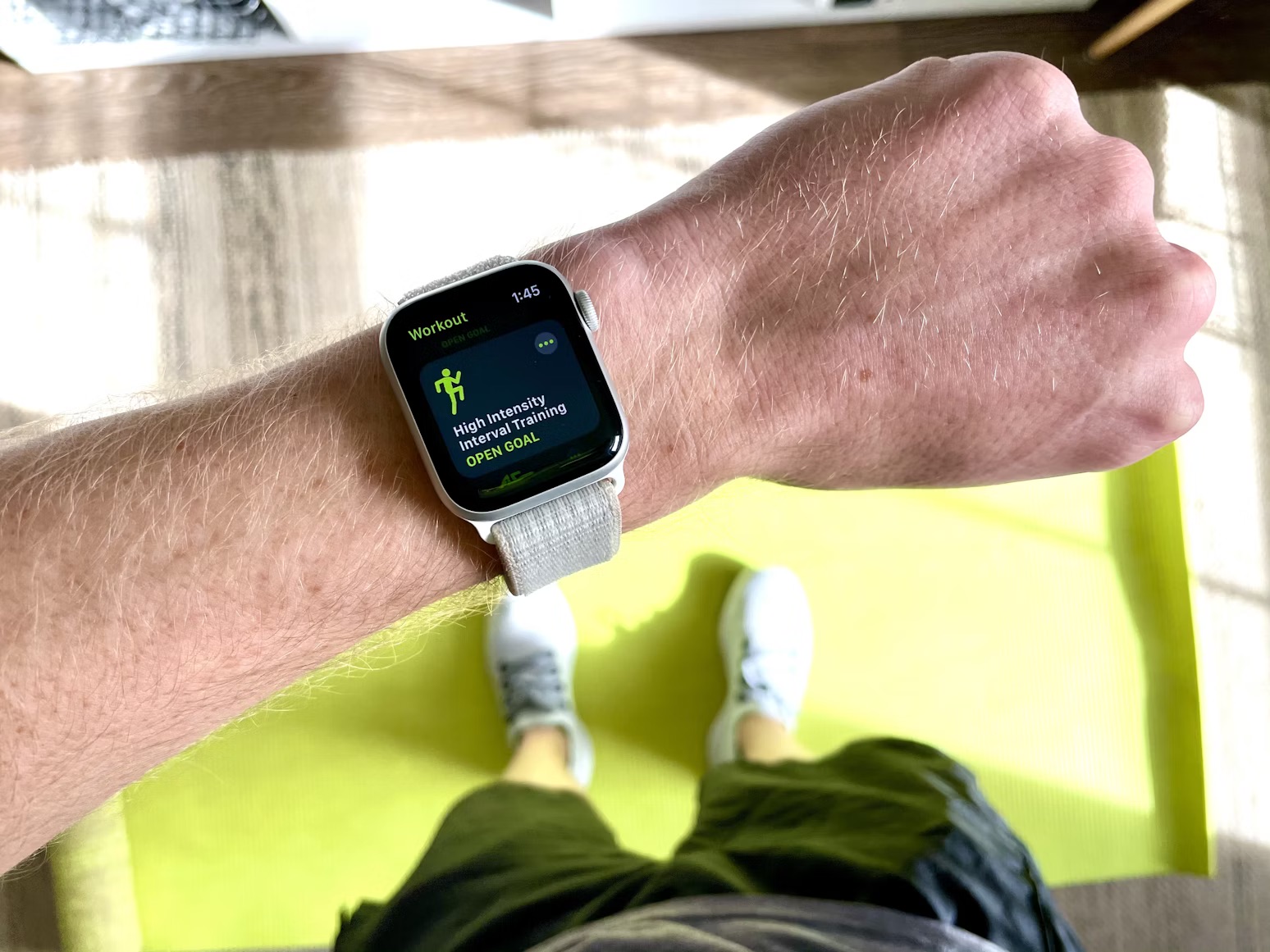
A rumor suggests that iPhones might soon offer more robust support for smartwatches from other brands. Apple released the iOS 26.1 beta 1 code on Monday, and some developers and publications have spotted code that could allow smartwatches and other third-party accessories to be more compatible with iPhones. The code references an unreleased feature called “Notification Forwarding”, which would give users the ability to decide which devices receive notifications from their iPhone. This means a user could choose to have their alerts show up on a non-Apple smartwatch or fitness tracker. The code also suggests that this feature would only allow notifications to be forwarded to “one accessory at a time” and would disable notifications on the Apple Watch if it is turned on.
In addition to the notification feature, other code has been spotted that points to a new framework called “AccessoryExtension,” which could make it easier to pair third-party devices with iPhones. While these features have been found in the beta code, there is no guarantee that they will be included in the final iOS 26.1 update, which is expected to be released in late October.
Other Updates Spotted in the Beta
Beyond the potential smartwatch streamlining, a few other updates have been spotted in the iOS 26.1 beta. These include new features for Apple Intelligence and AirPods Live Translation, which have both been expanded to support several new languages. Apple Music users will now be able to swipe left and right on the MiniPlayer to navigate between songs, and the Photos app features a redesigned video scrubber. The Calendar app has new views, and the Safari tab bar has been slightly redesigned to be wider. The beta also includes code that suggests Apple is working on a new system to automatically install security updates in the background without user intervention, rebranding it as “Background Security Improvement.”
What The Author Thinks
This potential feature represents a significant shift in Apple’s strategy. By opening up its ecosystem, even in a small way, Apple is responding to both consumer demand and regulatory pressure. This move, while potentially annoying for Apple Watch fans, is a pragmatic step that could make the iPhone a more attractive option for a wider range of users who want the freedom to choose their accessories. It suggests that even the most tightly controlled “walled gardens” must eventually adapt to a world that demands more interoperability. The battle over tech regulation in places like the EU is likely influencing these changes, pushing Apple toward a more open platform where consumers, not just the company, get to decide which devices work best together.
Featured image credit: Blocks Fletcher via Unsplash
For more stories like it, click the +Follow button at the top of this page to follow us.
